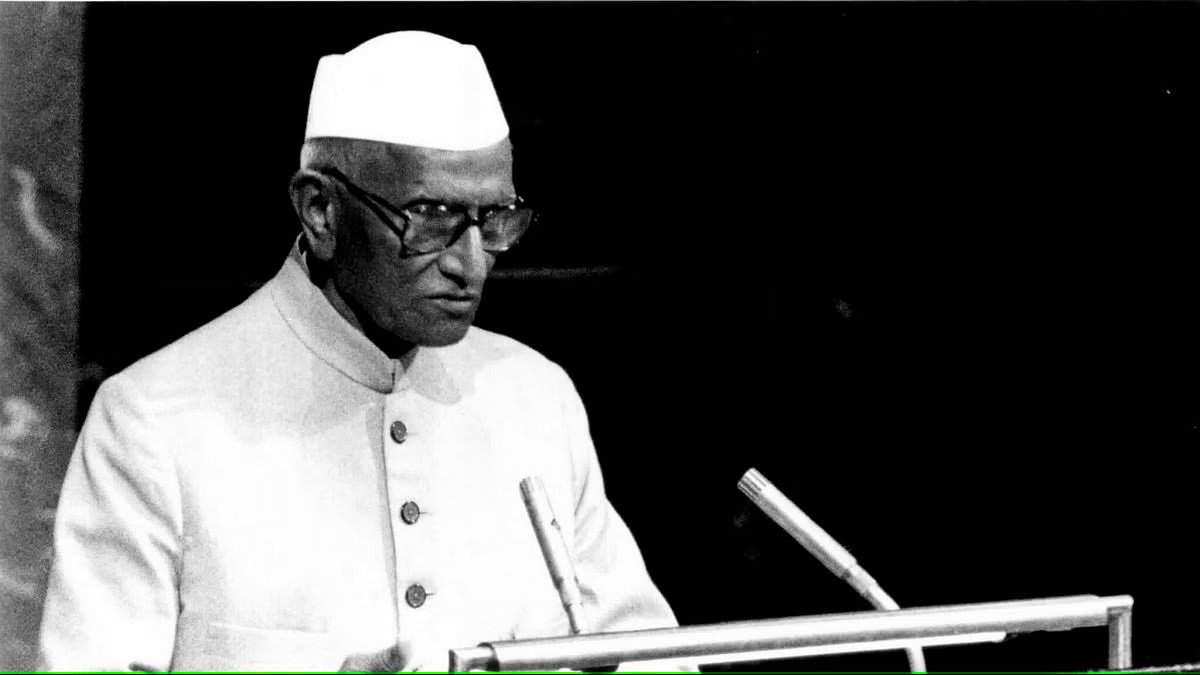Morarji Desai
was an Indian independence activist, served as the 4th Prime Minister of India from 1977 to 1979, and was the first non-Congress Prime Minister in Indian history.
Here is a timeline of his life:
- 1896: Morarji Desai was born in Bhadeli, a village in Gujarat.
- 1918: He earned a Bachelor of Science degree from the Wilson College, Mumbai.
- 1919: Desai joined the Indian National Congress.
- 1930: He was arrested for participating in the Salt Satyagraha movement led by Mahatma Gandhi.
- 1937: Desai became the Revenue Minister of Bombay Presidency under the British Raj.
- 1952: He became the Chief Minister of Bombay State (now Maharashtra and Gujarat).
- 1957: Desai was re-elected as the Chief Minister of Bombay State.
- 1960: Bombay State was divided into Gujarat and Maharashtra, and Desai became the Chief Minister of Gujarat.
- 1969: He resigned as the Chief Minister of Gujarat and left the Congress Party to join the Janata Party.
- 1975: Desai was arrested during the Emergency declared by Prime Minister Indira Gandhi and spent 19 months in jail.
- 1977: Janata Party won the General Elections and Desai became the 4th Prime Minister of India, forming the first non-Congress government in Indian history.
- 1978: He visited Pakistan to sign the Simla Agreement, which aimed to resolve the issues between India and Pakistan after the Indo-Pakistani War of 1971.
- 1979: Desai resigned as Prime Minister due to differences within the Janata Party and was succeeded by Charan Singh.
- 1980: He retired from active politics and returned to Gujarat.
- 1995: Morarji Desai passed away in Mumbai at the age of 99.
Summary
Throughout his life, Morarji Desai was known for his austere lifestyle, honesty, and commitment to public service. He was a strong advocate of Prohibition and was instrumental in implementing it in Gujarat during his tenure as the Chief Minister. As Prime Minister, he introduced several reforms to reduce government control and promote private enterprise. Despite his short tenure, Morarji Desai’s contributions to Indian politics and public life continue to be remembered and celebrated.
